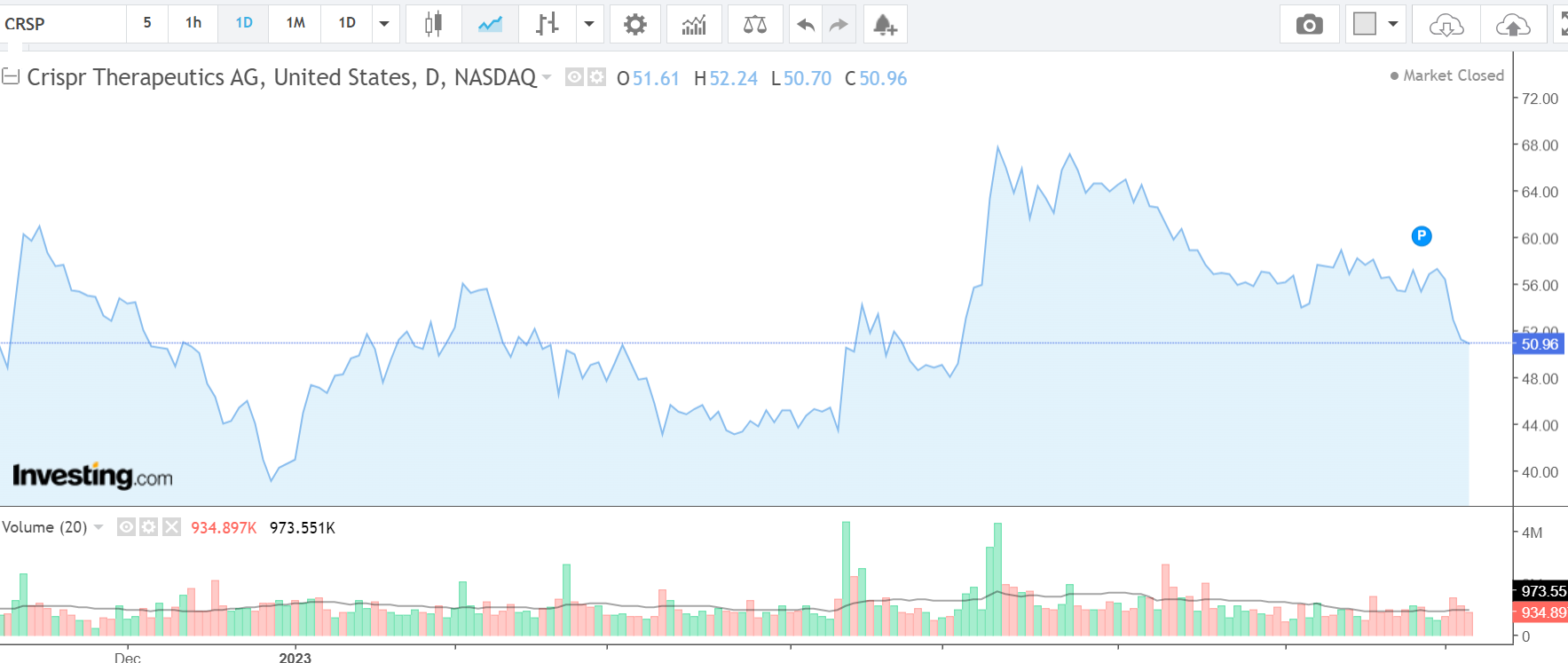What does Behavioral Finance mean?
Introduction
In the world of investing, understanding the concepts of behavioral finance is crucial for making informed decisions. This article will delve into the meaning of behavioral finance and how it impacts investment strategies.
Behavioral Finance Definition
Behavioral finance is a field of study that combines behavioral and cognitive psychological theory with conventional economics and finance to provide explanations for why people make irrational financial decisions. It analyzes how emotions, cognitive biases, and social influences can affect individuals’ investment choices.
Why is Behavioral Finance Important in Investing?
Understanding behavioral finance is essential for investors because it helps explain why markets are not always efficient and why prices can deviate from their intrinsic values. By recognizing the impact of human behavior on financial markets, investors can better navigate volatile market conditions and make more rational investment decisions.
Key Concepts in Behavioral Finance
- Loss Aversion: This concept refers to the tendency for individuals to feel the pain of a loss more strongly than the pleasure of an equivalent gain. As a result, investors may be reluctant to sell losing investments, hoping they will recover.
- Herd Behavior: Herd behavior describes the tendency of individuals to follow the actions of the majority, even if it goes against their better judgment. This phenomenon can lead to market bubbles and crashes.
- Overconfidence: Overconfidence bias can cause investors to overestimate their knowledge and abilities, leading them to take excessive risks in their investment decisions.
- Anchoring: Anchoring bias occurs when investors rely too heavily on the first piece of information they receive when making decisions, even if it is irrelevant to the current situation.
How to Apply Behavioral Finance Principles in Investing
- Stay Rational: By being aware of cognitive biases, investors can strive to make more rational and logical investment decisions.
- Diversify: Diversification can help mitigate the impact of emotional decision-making by spreading risk across different asset classes.
- Set Clear Goals: Establishing clear investment goals and sticking to a well-defined strategy can help prevent emotional reactions to market fluctuations.
Conclusion
Behavioral finance provides valuable insights into the psychological factors that influence investment decisions. By understanding these concepts and applying them to investment strategies, investors can improve their decision-making processes and achieve greater success in the financial markets.
In conclusion, what does Behavioral Finance mean? Behavioral finance encompasses the study of how human behavior influences financial decisions, shedding light on the emotional and cognitive biases that can impact investment choices. By recognizing these factors, investors can navigate markets more effectively and make informed decisions for their portfolios.



